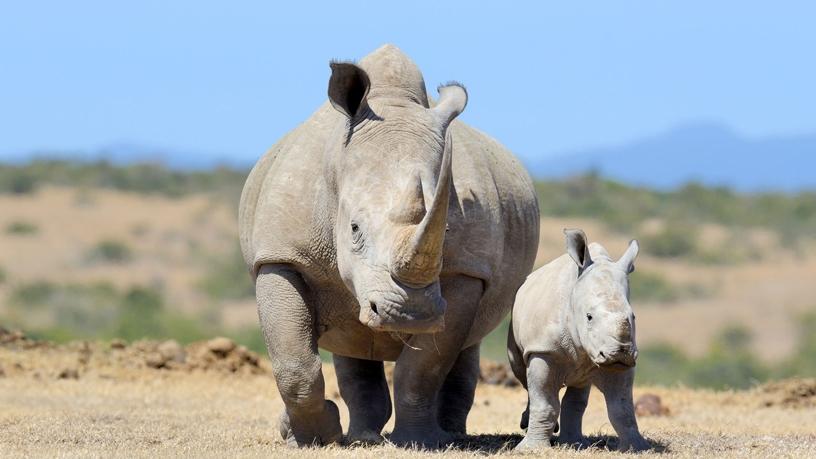
Dimension Data and Cisco have developed anti-poaching technology that significantly reduces response times of game rangers and secures the land that wild animals roam through.
The companies have run a pilot project since November 2015 in a private reserve outside the Kruger National Park, reducing rhino poaching incidents by 96%.
In 2017, a total of 1 028 rhinos were poached throughout SA, only 26 less than in 2016. However, last year, no rhino were poached in the test reserve using this technology.
In addition, response time for rangers to get to the animals from anywhere in the 62 000-hectare reserve was reduced from 30 minutes to seven minutes.
Dimension Data and Cisco now plan to take this anti-poaching Connected Conservation programme into Zambia, Kenya and Mozambique to continue protecting rhino, as well as African savanna elephant.
In setting up the pilot, Dimension Data's professional services team designed and implemented the solution which is operated on-site as a managed service, utilising cloud for data analytics and backup.
The technology used to implement this programme includes a reserve area network, IT infrastructure, WiFi and LANs, as well as biometrics and CCTV at every entrance gate.
Dimension Data says the problem is that most reserves have basic IT infrastructure, manual security processes and limited communication, which make it difficult to monitor human activity.
"Many organisations have committed to protecting animals through various reactive initiatives, such as dehorning, or inserting sensors in the horn and under the subcutaneous layer of skin," explains Dimension Data Group executive Bruce Watson.
"However, the problem with reactive initiatives is that by the time the reserve rangers reach the animal, it has been killed and the rhino horn or elephant tusks have been hacked off.
"With the Connected Conservation model, the technology is designed to proactively protect the land against humans. The animals are not touched, and are left to roam freely while a 'layered' effect of sophisticated technology, people and gadgets protect them."

Cisco and Dimension Data hope to take this model not only into Africa, but outside the continent to India and Asia to help conserve elephants and tigers, as well as to the ocean to protect sharks.
The next project is under way in an unnamed park in Zambia. The new project includes a marine unit that monitors illegal fishing across the expansive lakes in the park.
"We're also working with the Zambian local authorities and the fishing community to create a centralised digital fishing permit system that will monitor individuals who pose as fishermen but are actually poachers," says Watson.
Share